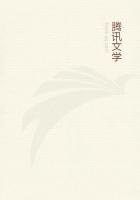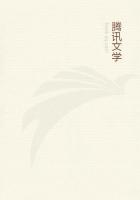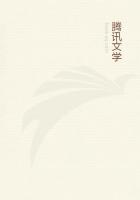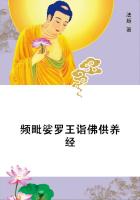Venus (Aphrodite), the goddess of love and beauty, was the daughter of Jupiter and Dione. Others say that Venus sprang from the foam of the sea. The zephyr wafted her along the waves to the Isle of Cyprus, where she was received and attired by the Seasons, and then led to the assembly of the gods. All were charmed with her beauty, and each one demanded her for his wife.
Jupiter gave her to Vulcan, in gratitude for the service he had rendered in forging thunderbolts. So the most beautiful of the goddesses became the wife of the most ill-favored of the gods.
Venus possessed an embroidered girdle called the Cestus, which had the power of inspiring love. Her favorite birds were swans and doves, and the plants sacred to her were the rose and the myrtle.
Cupid (Eros), the god of love, was the son of Venus. He was her constant companion; and, armed with bow and arrows, he shot the darts of desire into the bosoms of both gods and men. There was a deity named Anteros, who was sometimes represented as the avenger of slighted love, and sometimes as the symbol of reciprocal affection. The following legend is told of him:--Venus, complaining to Themis that her son Eros continued always a child, was told by her that it was because he was solitary, and that if he had a brother he would grow apace. Anteros was soon afterwards born, and Eros immediately was seen to increase rapidly in size and strength.
Minerva (Pallas Athene), the goddess of wisdom, was the offspring of Jupiter, without a mother. She sprang from his head, completely armed. Her favorite bird was the owl, and the plant sacred to her the olive.
Byron, in "Childe Harold," alludes to the birth of Minerva thus:--"Can tyrants but by tyrants conquered be, And ******* find no champion and no child, Such as Columbia saw arise, when she Sprang forth a Pallas, armed and undefiled?
Or must such minds be nourished in the wild, Deep in the unpruned forest, 'midst the roar Of Cataracts, where nursing Nature smiled On infant Washington? Has earth no more Such seeds within her breast, or Europe no such shore?"Mercury (Hermes), was the son of Jupiter and Maia. He presided over commerce, wrestling and other gymnastic exercises; even over thieving, and everything, in short, which required skill and dexterity. He was the messenger of Jupiter, and wore a winged cap and winged shoes. He bore in his hand a rod entwined with two serpents, called the Caduceus.
Mercury is said to have invented the lyre. Four hours after his birth he found the shell of a tortoise, made holes in the opposite edges of it, and drew cords of linen through them, and the instrument was complete [From this origin of the instrument, the word "shell" is often used as synonymous with :"lyre," and figuratively for music and poetry. Thus Gray, in his ode on the "Progress of Poesy," says,-- "O Sovereign of the willing soul, Parent of sweet and solemn-breathing airs, Enchanting shell! The sullen Cares And Frantic Passions hear thy soft control."] The cords were nine, in honor of the nine Muses. Mercury gave the lyre to Apollo, and received from him in exchange the caduceus.
Ceres (Demeter) was the daughter of Saturn and Rhea. She had a daughter named Proserpine (Persephone), who became the wife of Pluto, and queen of the realms of the dead. Ceres presided over agriculture.
Bacchus (Dionysus)_, the god of wine, was the son of Jupiter and Semele. He represents not only the intoxicating power of wine, but its social and beneficent influences likewise; so that he is viewed as the promoter of civilization, and a lawgiver and lover of peace.
The muses were the daughters of Jupiter and Mnemosyne (Memory).
They presided over song, and prompted the memory. They were nine in number, to each of whom was assigned the presidency over some particular department of literature, art, or science. Calliope was the muse of epic poetry, Clio of history, Euterpe of lyric poetry, Melpomene of tragedy, Terpischore of choral dance and song, Erato of love-poetry, Polyhymnia of sacred poetry, Urania of astronomy, Thalia [Pronounced Tha-lei-a, with the emphasis on the second syllable] of comedy.
Spenser described the office of the Graces thus:--"These three on men all gracious gifts bestow Which deck the body or adorn the mind, To make them lovely or well-favored show;As comely carriage, entertainment kind, Sweet semblance, friendly offices that bind, And all the compliments of courtesy;They teach us how to each degree and kind We should ourselves demean, to low, to high.
To friends, to foes; which skill men call Civility."The Fates were also three Clotho, Lachesis, and Atropos. Their office was to spin the thread of human destiny, and they were armed with shears, with which they cut it off when they pleased.














